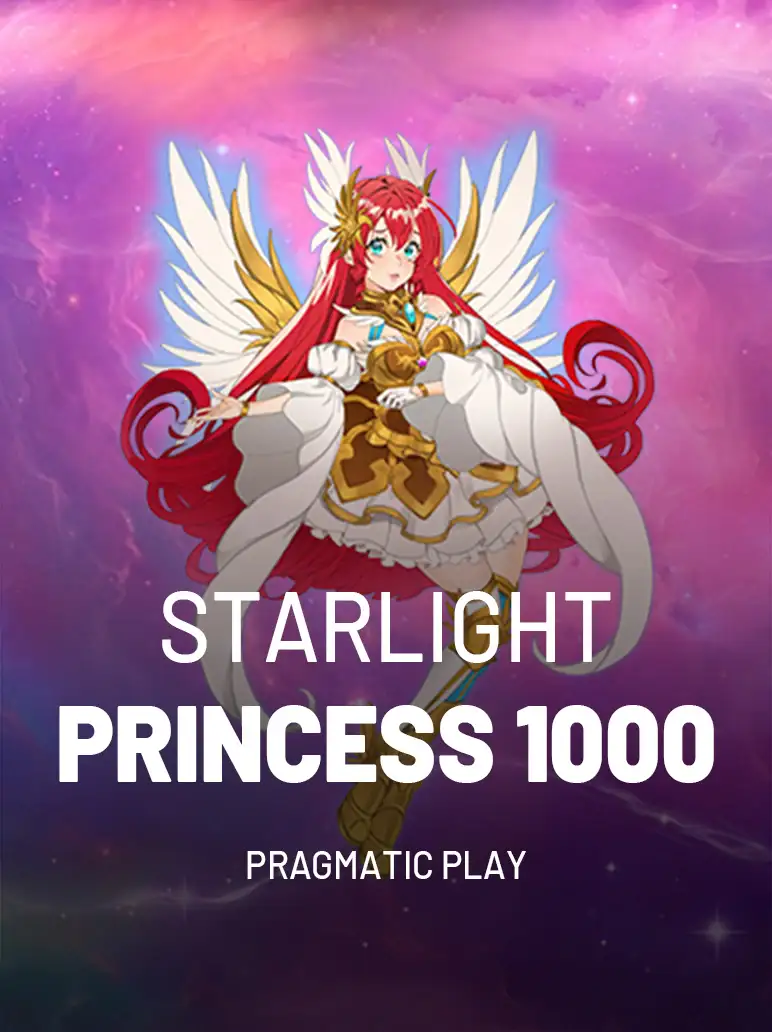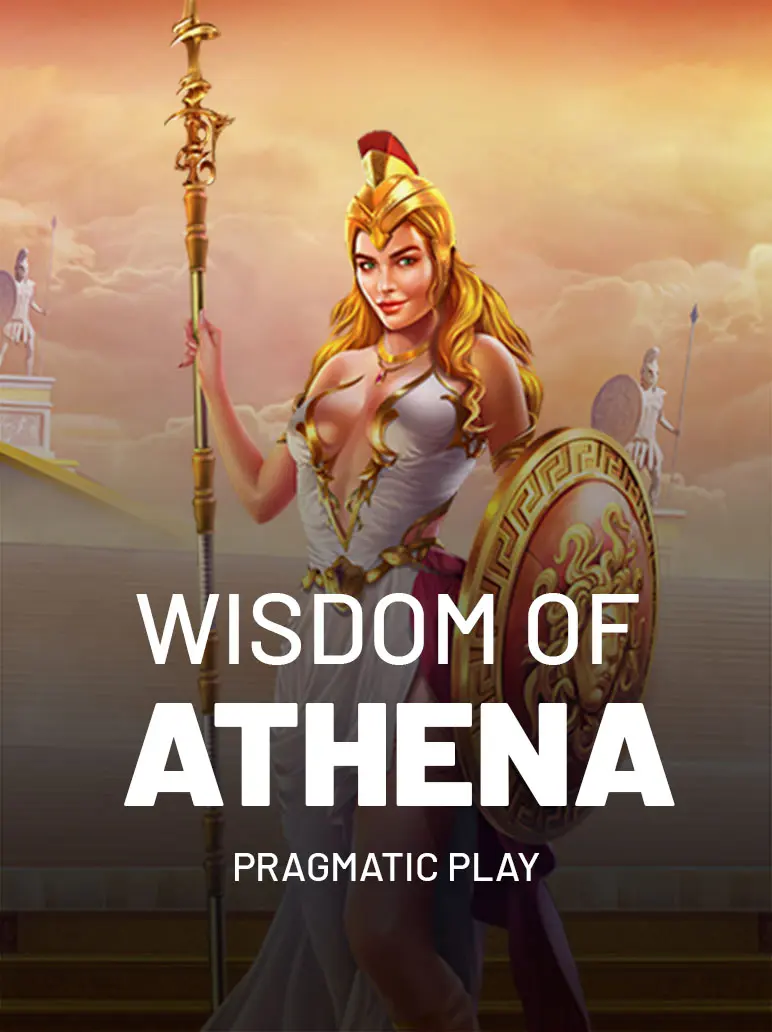

MGS88 PRO
MGS88 PRO ialah situs slot online dengan fitur injector terbaru untuk memaksimalkan potensi kemenanganmu
PROMO TERBARU MGS88

Syarat & Ketentuan:
- Promo Bonus Berlaku Untuk Semua Member Baru MGS88
- Promo Bonus Deposit Berlaku Hanya Untuk Permainan SLOT
- Promo Ini Tidak Berlaku Untuk Deposit Via Pulsa.
- Bonus hanya bisa diklaim 1 kali saat pertama mendaftar
- Minimal Deposit Untuk Mengikuti Promo Bonus Rp 50.000,- dan Maksimal Bonus Adalah Rp 50,000,-.
- Untuk Mengklaim Bonus New Member Slot, Silakan Hubungi Layanan Livechat / WA MGS88 Untuk Mendapatkan Bonus New Member 100%
- Syarat Withdraw Harus Mencapai Turn Over 20X, dan Promo Ini Tidak Dapat di Gabungkan Dengan Promo Lain
- Apabila ada Kecurangan, Kesalahan, Kesamaan Data Member, dan Kesamaan Alamat IP , MENGGUNAKAN IP LUAR ( SELAIN INDONESIA ) / HIDDEN IP ADDRESS / IP PROXY, MGS88 Berhak MEMBATALKAN BONUS Dan KEMENANGAN Tersebut.
- Keputusan Admin adalah mutlak dan tidak bisa diganggu gugat.
Contoh Penghitungan Turn Over :
- Deposit Rp 50.000,-
- Deposit 50.000 + Bonus 50.000 X TO 20x = Rp 2.000.000,-
- Jumlah turnover yang harus dicapai (50.000 + 50.000) X 20 = Rp 2.000.000

Syarat & Ketentuan :
- Promo Bonus Berlaku Untuk Semua Member MGS88
- Promo Bonus Deposit Berlaku Hanya Untuk Permainan SLOT dan TO Hanya 1X.
- Promo Ini Tidak Berlaku Untuk Deposit Via Pulsa.
- Maksimal Bonus Adalah Rp 200.000,-.
- Silahkan Langsung Klaim Setelah Deposit Masuk, Tidak Boleh Bermain Saldonya Terlebih Dahulu.
- Promo Ini Bisa di Gabung Dengan PROMO (PROMO FREESPINS & BUYSPIN, PG SOFT) dan Tidak Berlaku Untuk Promo di Luar Promo Tersebut.
- Keputusan Admin Tidak Bisa di Ganggu Gugat.
NOTE : JIKA DI TEMUKAN ADANYA KECURANGAN PIHAK MGS88 BERHAK MEMBATALKAN BONUS TERSEBUT. KEPUTUSAN MGS88 TIDAK DAPAT DIGANGGU GUGAT.

Bonus Rollingan Casino up to 1%
Syarat & Ketentuan:
- Jadwal Klaim: Bonus akan Otomatis Masuk Ke Main Wallet anda pada HARI SELASA
- Bermain di meja dengan komisi bonus rollingan 1%
- Bermain di meja tanpa komisi bonus rollingan 0.2%
- Dilarang melakukan Safety bet (bermain A-B A-B), CROSS BET, dan tindakan kecurangan lainnya. Jika terindikasi melakukan kecurangan, bonus akan HANGUS
- Minimal Komisi yang akan dibagikan Rp.5.000,-
- Untuk PPBLACKJACK Komisi yang diberikan adalah 0.5%
- Untuk Sabung Ayam tidak ada Komisi dan Cashback
- Pembagian Bonus: TurnOver akan dihitung dari setiap hari Senin hingga hari Minggu setiap minggunya, dan akan dikreditkan setiap hari SELASA pada minggu berikut
- Promosi berlaku untuk semua member baru MGS88 yang menggunakan IDR (mata uang Indonesia)
- Promo berlaku hanya untuk Member yang bermain di semua permainan Live Casino
- Bonus & Kemenangan dibatalkan apabila ada kesamaan IP dan kesalahan data member. Juga, jika ditemukan indikasi member melakukan kecurangan dalam mengakali sistem Turnover, bonus akan HANGUS
- Syarat & Ketentuan Umum berlaku

Khusus Slot PG Soft
Syarat & Ketentuan:
- Dapatkan Bonus Tambahan Freespin 20% (S&K Berlaku)
- Event ini berlaku untuk semua member MGS88
- Event ini bisa digabung dengan Promo BONUS HARIAN
- Promo ini berlaku hanya di Provider PG SOFT
- Total Kemenangan FREESPIN MURNI (Tidak Beli Fitur) yang bisa di klaim minimal sebesar 350 x Stake/Betting atau lebih.
- Total Kemenangan FREESPIN BUY FEATURE (Beli Fitur) yang bisa di klaim minimal 5 x Harga Buy Spin.
- DILARANG melakukan Spin di Permainan yang akan di klaim setelah Free Spin selesai.
- Melakukan Spin di Permainan yang akan di klaim setelah Free Spin selesai TIDAK DILAYANI
- Promo bisa di klaim 2x setiap hari untuk 1 ID akun MGS88
- Wajib melakukan proses klaim dapat dilakukan melalui WHATSAPP Official MGS88
- Screenshot hasil kemenangan Game + Bill History Posting di Grup Telegram : MGS88 OFFICIAL dengan Hashtag #SLOTGACOR #MGS88 #CLAIMFREESPIN
- Hadiah di Landingkan setelah tim kami melakukan pengecekan. Keputusan ADMIN tidak dapat di Ganggu Gugat.

( Deposit 20K + Bonus 20K, Khusus Driver Ojol se-Indonesia )
Syarat & Ketentuan :
- Bonus Rp. 20.000,- Setiap Deposit Rp. 20.000,- Spesial & Khusus (GRAB,GOJEK & SHOPEEDRIVER).
- Untuk Withdrawl dikenakan 8x TurnOver
- Dapat di Claim dengan sertakan Screenshot akun OJOL & Bukti Transfer kalian, lalu kirim ke Whatsapp Manajemen Admin MGS88
- Wajib Deposit menggunakan GOPAY,OVO,SHOPEEPAY .Deposit pulsa dan E-Wallet DANA tidak berlaku.
- Saldo tidak boleh di mainkan sebelum bonus landing .
- Satu user ID OJOL hanya bisa claim untuk 1 user ID SLOT, 1 IP ( tidak bisa double atau kesamaan orang ).
- Batas claim hanya 1x/hari (selain slot saldo akan di hanguskan).
- WAKTU untuk Claim START Pukul 01.00 WIB & CLOSE pukul 21.00 WIB.
- Tidak mendapatkan komisi selama anda mengikuti promo Bonus OJOL dalam periode minggu tsb.
- Tidak Dapat mengambil BONUS lain apabila ingin CLAIM BONUS OJOL FAMILY TERBARU
- Jika ditemukan indikasi kecurangan,kesamaan data,atau pelanggaran, maka pihak MGS88 BERHAK untuk membatalkan bonus dan menghanguskan credit.
Untuk panduan lebih lanjut tentang setiap langkah bisa hubungi Whatsapp resmi kami,Klik untuk Lanjut ke Chat. Keputusan ADMIN tidak dapat di Ganggu Gugat.

EVENT TERBALIK LURUS 3D & 4D ( Prize 1 )
( Khusus Pasaran Sydney Pools, Singapore & Hongkong )
- Prize 1 terbalik lurus 4D = Rp. 150,000.-
- Prize 1 terbalik lurus 3D = Rp. 50,000.-
Syarat & Ketentuan :
- Total taruhan setiap semua PASARAN minimal senilai Rp.20.000,- (KHUSUS 4D/3D/2D NO DISKON )..
- Besar taruhan setiap ANGKA dalam 1 Pasangan minimal senilai Rp.1.000,- (KHUSUS 4D/3D/2D NO DISKON).
- Hadiah "TIDAK BERLAKU" untuk member yang sudah menang di Prize 1 taruhan 4D/3D/2D.
- Diklaim oleh member via WHATSAPP Official MGS88.
- Klaim dengan cara "Screenshoot bukti taruhan" dan tuliskan "ID akun MGS88".
- Screenshot hasil kemenangan Game + Bill History Posting di Grup Telegram : MGS88 OFFICIAL dengan Hashtag #ANGKATERBALIK
- Batas akhir waktu klaim hadiah 1x24jam.
- Hadiah di Landingkan setelah tim kami melakukan pengecekan.
- Apabila ada Kecurangan, Kesalahan, Kesamaan Data Member, dan Kesamaan Alamat IP , MENGGUNAKAN IP LUAR ( SELAIN INDONESIA ) / HIDDEN IP ADDRESS / IP PROXY, MGS88 Berhak MEMBATALKAN BONUS Dan KEMENANGAN Tersebut, eputusan ADMIN tidak dapat di Ganggu Gugat.




